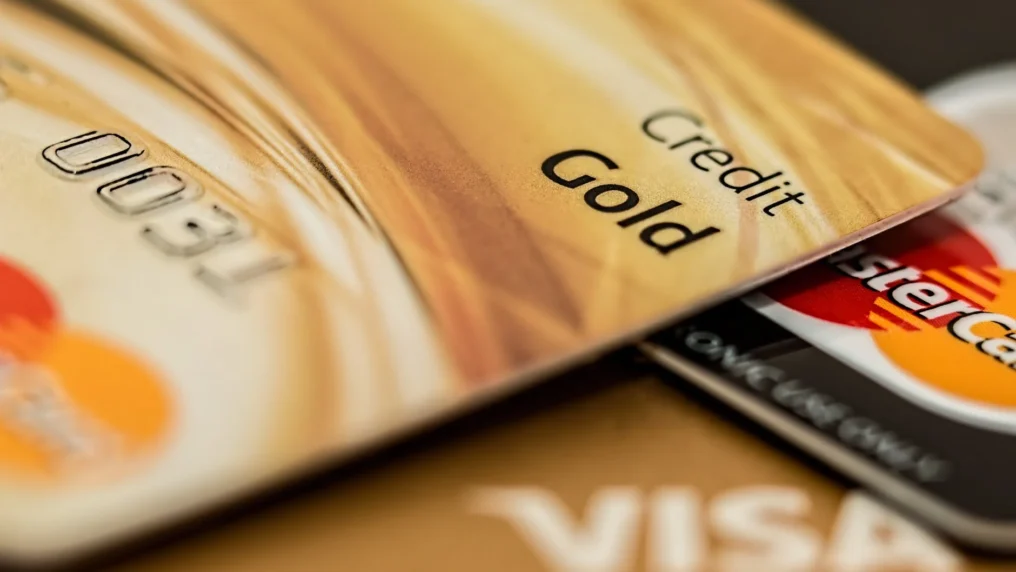
Repairing bad credit is a possibility, but it is time-consuming and challenging. It’s critical to know what steps you need to follow to get you through the process, where you can reach out for help, and which companies are better to steer clear of. Your stakes are high, with repercussions that can last for years with this issue.
Your credit score, history, and report carry much power over your financial circumstances. These will dictate whether you get approval for consumer loans, mortgages, even an auto loan, but they go further to speak to the terms these loans will carry, including the interest rates.
If you’ve developed a poor score early in your credit age, it’s critical to learn the techniques, habits and make use of some of the tools available to help make improvements.
Tips For Repairing Bad Credit
You don’t have to be a genius in finances to work through a poor state of credit score affairs. In order to make the damage less long-lasting, you need to stay diligent and determined to make a dent and chip away at the negative aspects. Some tips to help you accomplish your goals:
a. Check for errors on the report
Download your credit report so you can work with the copy. You can then look for any negative items that are inaccurate on the account. The “Consumer Financial Protection Bureau” indicates some of the most common kreditt kort (translation: credit card) errors include having closed credit cards that show as open on the report, debts that show up several times, and incorrect balances.
Consumers can get free credit reports from all three credit bureaus (Equifax, Experian, TransUnion). These will give you insight into where you need to make corrections. Incorrect information can be disputed by writing a letter to the reporting agency.
b. Statutes of limitations
Check your report for bills you might have forgotten about or accounts you overlooked to ensure these haven’t reached their statute of limitations. If enough time has gone by, it can prevent agencies from attempting to sue for retribution.
Always ensure you have legal counsel looking over your documentation and can verify your claims.
c. Reconsider your utilization ratio plan
The credit utilization ratio is the amount of credit you use compared to the total limit you have in your overall arsenal. The suggestion from experts is that the ratio never should exceed approximately a third of your spending limit.
That’s saying if your credit limit is roughly $1000, you don’t want to spend any more than $300. Once you begin to go over that 30%, it starts to go against your score.
e. Make a goal to pay bills on time
A significant portion of the credit score is payment history at around 35%. You need to get a handle on late payments and plan to pay on time and in full, if possible, each time a bill comes due.
Any accounts in collections need to be paid off first and as fast as possible to help boost your score since they are dragging it down. A certified credit counselor can help you develop a plan to work towards what will be effective in taking care of these and starting from scratch in paying things as they come due. Well, read more to understand the benefits of certified planners.
f. Authorized user on another person’s card
An authorized user is added to someone else’s existing credit account. The person can use the account like it was theirs, but they’re not responsible for any debt. They do get to share the payment history and the overall utilization rate, which works for their credit score.
The primary risks are for the cardholder and not the authorized user. If you choose to put someone on your card like this, it’s really essential to ensure they’re not going to take your credit into the ground. You want to ask the right questions and watch how it goes for a while before genuinely committing.
g. Using a program for boosting the score
Some programs are responsible for expanding credit files, thereby boosting your FICO score. The suggestion is they can do this since they add alternative data to the report that’s not typically on a scoring model. A couple of the most popular include:
1. Experian Boost
Enhances your credit file by making reports of any payments made to subscription services like Max, HBO, Netflix, and Hulu. It also will report your phone and other utility payments. This is completely free but has the ability to boost a score almost immediately.
2. UltraFICO
As with experience boost, UltraFICO is also free. Instead of reporting bills or subscription services, it assesses your risk as a borrower. It’s able to determine that from looking at savings, checking, or money market accounts.
h. Report rent
Anyone who pays their rent diligently each month without fail can use that to their advantage with their credit score. Landlords, especially ones in charge of multiple properties, will sometimes report payments. There are numerous different services you can use to inform your timely rent payments to in order to give your credit a boost.
i. Consider consolidation
Debt consolidation consists of taking all debts and combining them into one single monthly payment instead of having several different bills with varying rates and terms. It’s especially beneficial for anyone with high-interest credit card debt who wants to clear it up and make it more manageable.
The only issue when paying off credit cards through consolidation, they typically get closed. Most suggestions indicate you should leave your cards open but keep utilization down and pay balances as they come in each month. This helps to keep a healthy credit score.
j. Break bad habits
The suggestion is you shouldn’t be opening a bunch of new accounts or closing a lot of old ones without some kind of plan. This kind of behavior has the potential to do harm to your history and overall credit in general.
Applying for a lot of new accounts puts you in the position of having hard inquiries placed on your credit. That will decrease the score.
k. Have patience
Fixing credit that’s fallen to a poor standing takes time. Negative feedback, late pay, missed payments can stay on the report for as long as seven years. Some bankruptcies can last on there as long as 10+ years.
It might take several months, a few years, to raise credit or clean it up, but it’s not impossible; it takes perseverance and determination but also patience. If you try too hard too fast, you can make some rash choices that will lead to significant mistakes taking you back a few steps instead of helping with the process.
Find out how to fix your credit at https://www.forbes.com/advisor/credit-score/how-to-improve-score/.
FAQs
A poor credit score is anything 580. If you’re looking for something good, you’ll need to work towards a rate of closer to 670. They can actually range between 300 and 850, so don’t ever feel that you’re doing the worst.
Probably the ones who are doing better than you were you at one point but found their way to fixing their credit. It can be done.
In fixing bad credit, you need to determine what’s dragging you down or at least your score. If the primary problem is dealing with a short credit history, there are ways to work with your weakness by using other methods to build it, such as a secured credit card, rent reporting, or one of the programs that report.
But if you have negative feedback on the report or a heavy utilization ratio, you need a better strategy for repayment, even a consolidation option. These negative remarks can be on there for seven years.
If any are inaccurate, write dispute letters and have them removed. The best way to work through them is one by one, attempting to get them paid off and cleared from the report. That will reduce your ratio also since these will be gone, and you’ll show less use. Open here to learn what bad credit scores look like.
Final Thought
Depending on how poor your credit is and the reasons, repairing can be a lengthy process. In the end, it’s ultimately worth the effort, but it does take much patience and due diligence to stay on track and keep after it.
A recipe for healthy credit includes consistent, regular on-time payments, credit monitoring, and sound financial habits, plus sticking to a strategy that’s been found as a preferred option for success in maintaining a good credit history.
Read Also:































